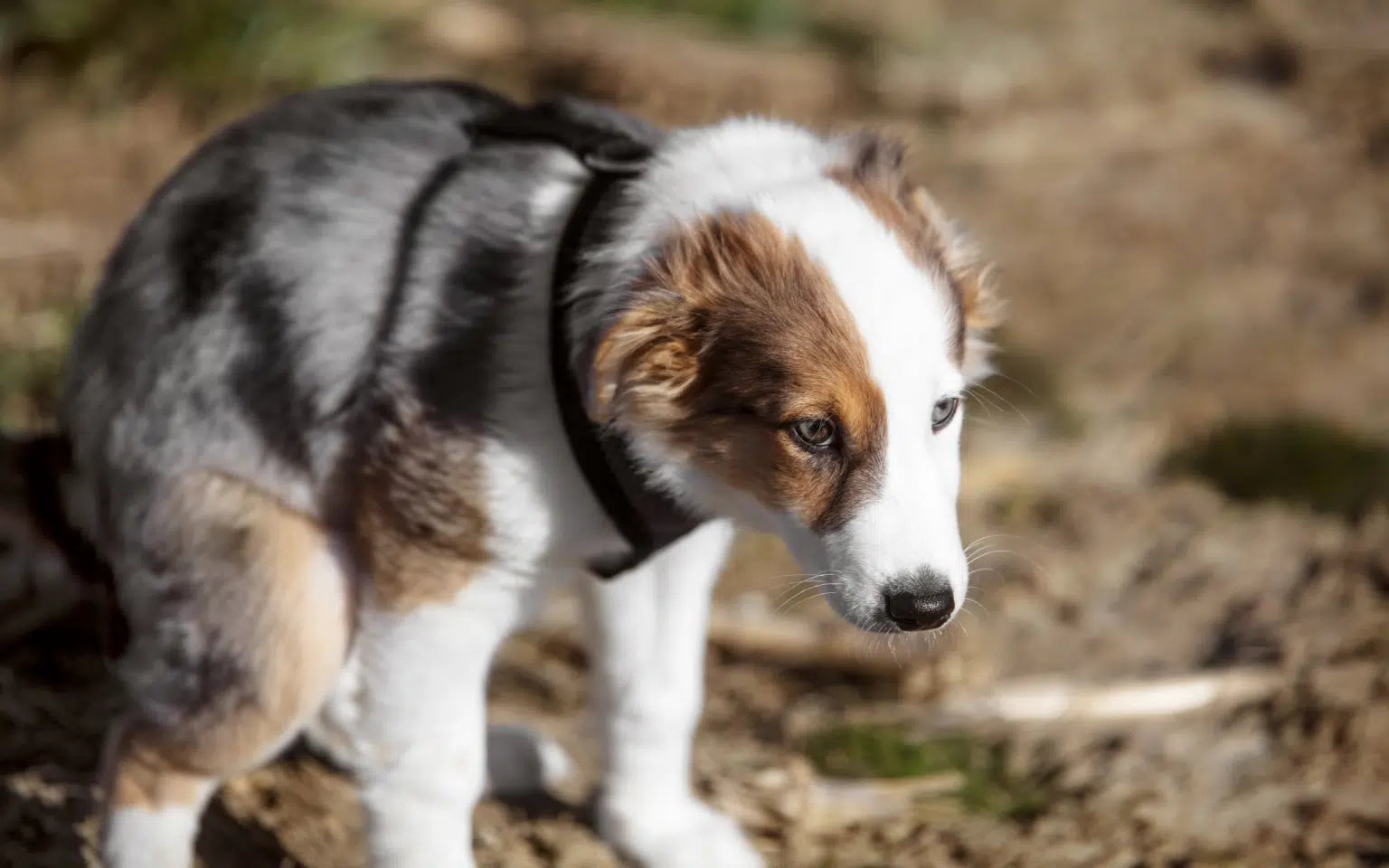All you need to know about anal glands
Anal glands are a pair of small, grape-sized scent glands on either side of a dog’s anus, just under the tail. They are not visible to the naked eye as they are inside the anus. The glands normally release a few drops of scent when a dog defecates, helping dogs to mark their territory.
These glands can become irritated, blocked or over-filled. If they are too full, they can create pressure, which is uncomfortable to the dogs and most dogs will try to ease this by scooting their bottom on the floor. Another typical sign is the distinctive odour.

Signs & symptoms of anal gland problems:
- scooting on the floor
- excessive licking near the hind area
- foul/fishy odour
- leaking of anal gland fluid
- swelling near the anal region
- straining when defecating
What causes anal gland problems in dogs?
Diet can be a major factor, however, often it is a combination of things. In order for the anal glands to empty naturally, stools need to be firm to create sufficient pressure on the anal sacs. Allergies can also contribute to irritated anal glands. Allergies cause inflamed skin, which can affect the ears, belly, paws as well as the anal region. For some dogs it can be simply due to an abnormally low or high (too deep in the anus) pair of anal sacs so much so that they cannot easily empty without any help.
How to resolve anal glands problems naturally
As diet can be a major factor in its problem, it is also the first thing to look at when trying to resolve the matter. High quality food is essential as proper ingredients and nutrients ensure healthy stools and healthy anal glands. It is a good idea to give your dog some raw or steamed vegetables as well. These toppings would increase fibre in the diet which helps digestion as well as healthy functioning of the anal glands.
Treating your dog to some tinned salmon, sardines or mackerel would also be beneficial as they are high in Omega 3 essential fatty acids, which support a healthy immune system so that it can combat inflammation.
As well as diet, regular exercising is essential to support healthy bowel movements. If your dog is left at home for long periods with no walks, having to hold back bowel movements can put excess pressure on the organs which can negatively impact the anal glands. In order to avoid this, it’s best to have a friend or dog-walker coming round to take your dog out if you have to be away.
When to see the vet
If your dog is still showing signs of anal gland problems after having tried to relieve the pressure naturally, it is best to seek help from a vet, who can express the glands manually. Some people might try to do this less than pleasant job themselves. However, it is stressful and unpleasant for both dog and owner therefore I’d urge anybody to take their dogs to the vet instead.
Anal gland problems left unchecked can develop into infections or even abscess, which would require prescription drugs.





